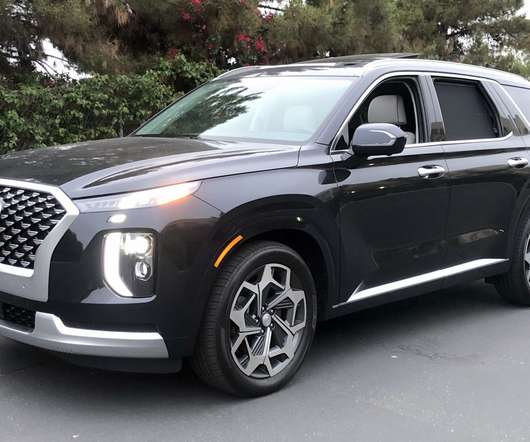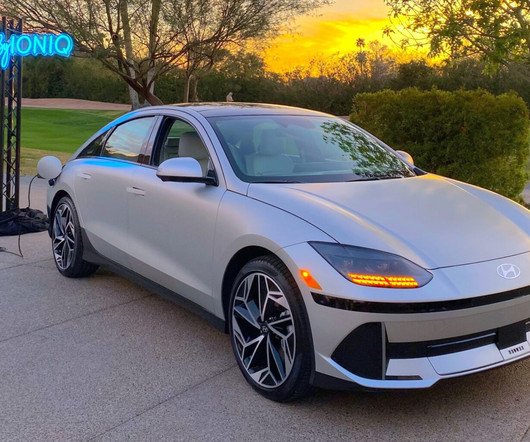New UMTRI paper reviews major advantages and disadvantages of battery-electric and fuel-cell vehicles
Green Car Congress
FEBRUARY 1, 2016
A new report from the University of Michigan Transportation Research Institute (UMTRI) reviews the major advantages and disadvantages associated with battery-electric vehicles (BEVs) and fuel-cell vehicles (FCVs). For current gasoline-powered ICE vehicles at an average fuel economy of 23.3 mp and a fuel price of $2.35






















Let's personalize your content